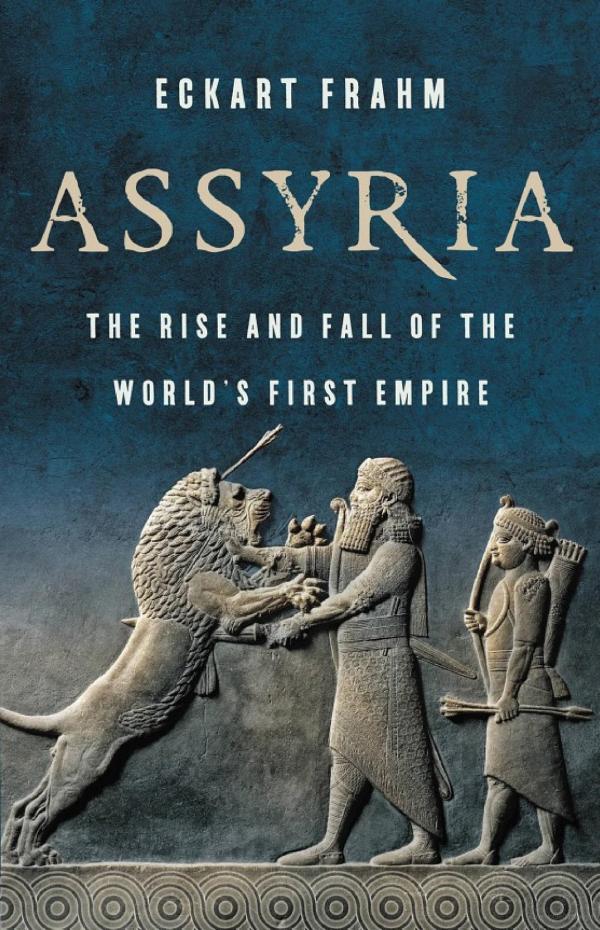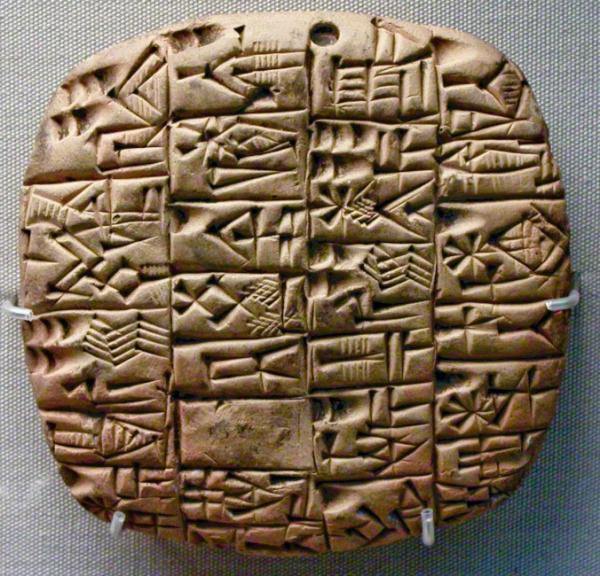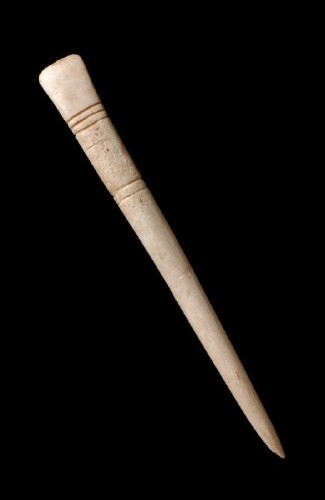(Sunday Book Club)

My Input:
Absurd as it might sound, what if China's First Emperor Qin had somehow conquered Assyria, the world's first empire that rose in ancient Mesopotamia?
Famously or infamously, Qin Shi Huang burned books. He believed that unauthorized ideas were dangerous to his imperial rule. Yet, even as the smoke of burning bamboo scrolls filled the air, whispers of the Mesopotamian civilization reached his ears—there, ideas were etched into clay tablets, fired in kilns to last virtually forever.
Qin's conquest of Mesopotamia was nothing short of sheer luck, taking the civil war-stricken Assyrian capital. Once inside the grand ziggurats and sprawling palaces, he couldn't wait to seek out the fabled clay tablets.
What met the Chinese conqueror's eyes were ageless cuneiform inscriptions, a testament to a civilization's enduring legacy. According to his genius scholars, the Assyrian texts revealed tales of Sumerian gods, epic poems like that of Gilgamesh, and scientific treatises that rivaled, if not surpassed, those of China's greatest minds.
Suddenly, a chill ran down Qin's spine—dissent could survive thanks to this clay civilization, rooted in the West. How could he uproot it? Or rather, how could he uphold his bamboo empire in the East?
Then, Qin learned of widespread unrest in his homeland. He promptly burned the bamboo scroll that bore the bad news.
Author: renqiulan


About five thousand years ago in Mesopotamia, the Sumerians developed cuneiform, a writing system using wedge-shaped sticks (styluses) pressed into clay tablets. These tablets were then baked to preserve the writing.
|
